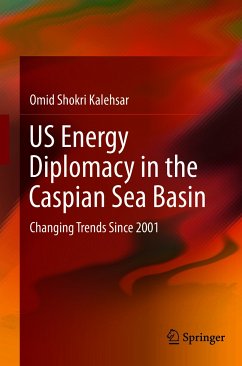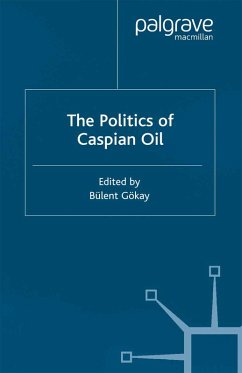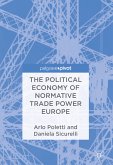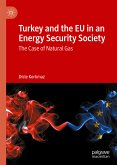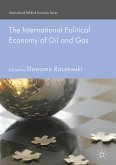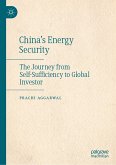This book provides the first comprehensive analysis of US policy from the perspective of an analyst and scholar from the region. This volume discusses the US energy diplomacy in the Caspian Sea region since 2001. It compares the foreign policy of the Bush, Obama, and Trump administrations, following the changing role of energy in the behavior of the US toward states in the energy hubs of Central Asia and the Caspian Sea. The chapters employ historical analysis, regional analysis, interviews, and case studies to trace the evolution of US interests in the area and posits likely trends for future policy. Topics discussed include:
- China's massive Belt and Road Initiative
- the energy and foreign policies of the Caspian littoral states in comparison with those of China, India, the European Union, and Turkey
- the escalation of differences among key OPEC members during the Trump era
- the impact of the oil price war on the US shale industry
- thespread of COVID-19 and its impact on the oil market
- Russian and U.S. competition in the EU energy market
- the US-China trade war and the role of energy in the first phase of the US-China trade deal
- the energy policy of the incoming US President, Joe Biden
Shedding light on the complex geopolitics of the US-Caspian Sea Energy diplomacy, this volume will be of interest to researchers of foreign policy, diplomacy, international relations, and energy policy as well as policymakers and analysts working in related areas.
Dieser Download kann aus rechtlichen Gründen nur mit Rechnungsadresse in A, B, BG, CY, CZ, D, DK, EW, E, FIN, F, GR, HR, H, IRL, I, LT, L, LR, M, NL, PL, P, R, S, SLO, SK ausgeliefert werden.

